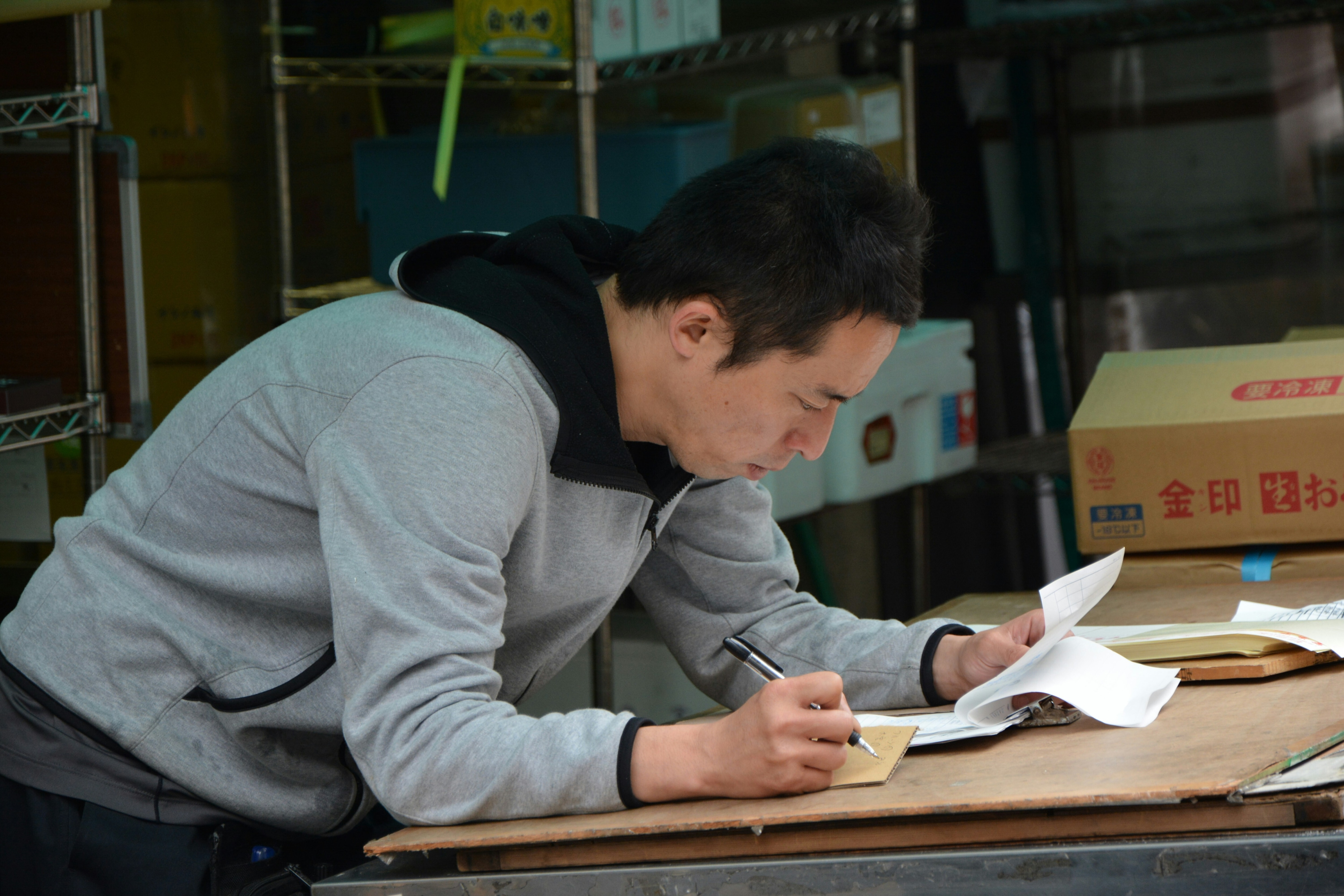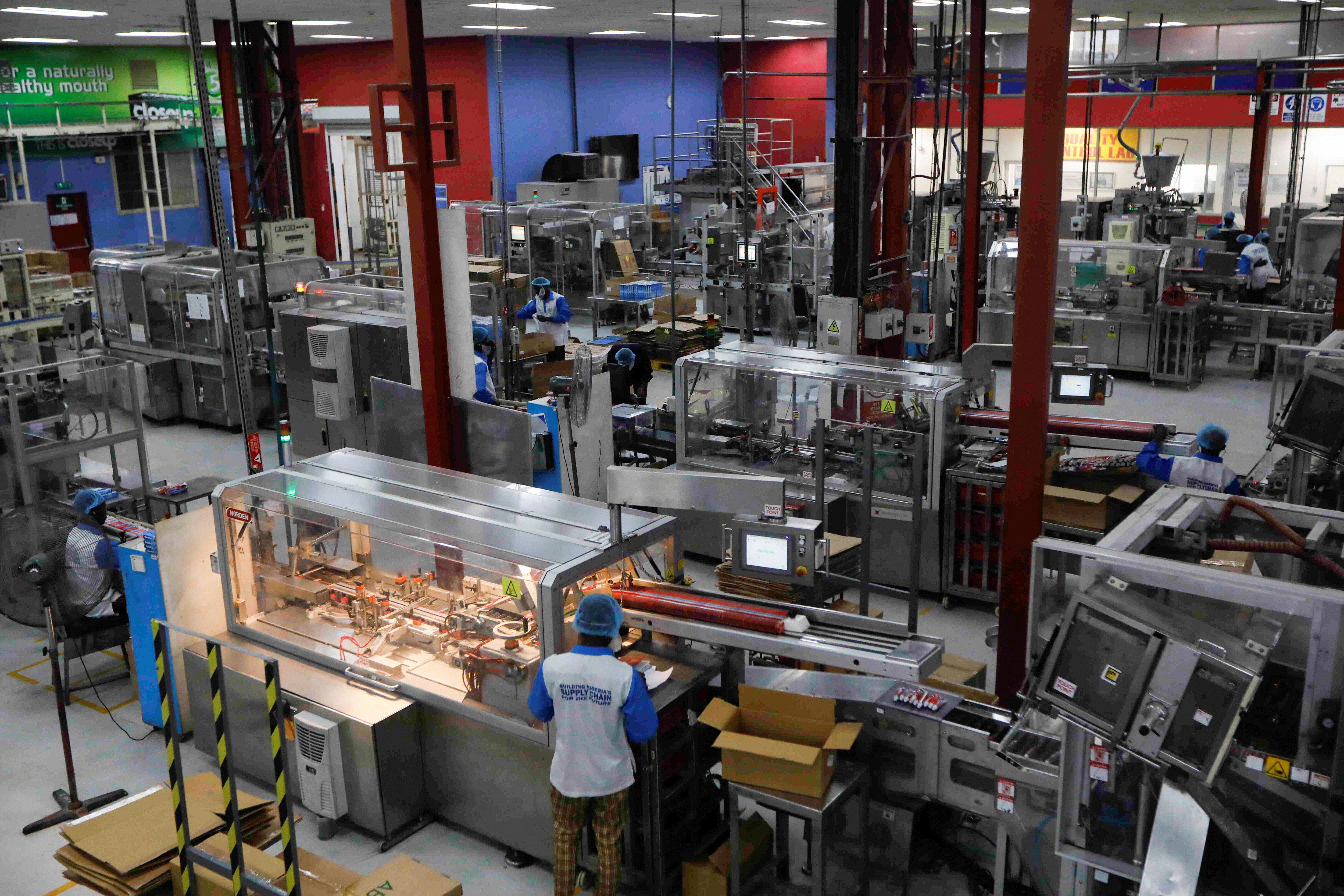The role of CIOs and happiness at work: Top trends from the world of work

What qualities do Chief Information Officers need to succeed? Image: Unsplash.
- We highlight the changing role of the Chief Information Officer and how a happy work life starts at home.
- Find out which city is building space for professional makers.
- Plus paid sick leave in the US.
The C-suite continues its exercise in self-examination and comes to the conclusion that the CIO (Chief Information Officer) is no longer a support role, it’s a key role in the driver’s seat.
What made news this week?
A poll of employers found that, despite supply chain disruptions and inflation, confidence is on the up.
In the construction industry, 2021 saw the lowest number of self-employed workers in 18 years.
Marketplace platform Zenjob recently closed a $50 million Series D round of funding. The Berlin-based startup connects people in search of temporary work with employers in a range of sectors.
Over in the UK, could offshore oil and gas workers be re-skilled to help the transition to a net-zero economy?
We’ve got a full breakdown of all the top headlines you can’t miss this week.
#1. CIOs will have to hone their TQ and RQ to thrive in the new world of work
Digitalization has not just been transforming internal processes and the way businesses interact with each other and with clients – it has also given the Chief Information Officer (CIO) a new role in the company. You’ve heard of IQ and Emotional Quotient (EQ), but what about Technological Quotient (TQ)?
Basically: “It’s the application of technology to all of the human problems that we have as we're moving forward. It's a mix of emotional skills, mental skills, and technical skills and translating those into how we show up as leaders and then lead the path forward,” according to Wendy M. Pfeiffer, CIO and SVP at software company Nutanix.
What about Relationship Quotient (RQ)? Essentially, it’s the CIOs ability to build the personal relationships in the C-suite that make them want to lean in and participate. According to Keith Ferrazzi, these two key Qs combine to allow the CIO to develop their company’s technological acumen, convince them to buy into their vision and become their company’s ‘elevation coach’. All for the prize of business transformation.
Read more in Forbes.
#2. Happy “work wife”, happy life, happy boss
As it turns out, being happy at home means being happy at work. At least, this is what new research by the American Psychological Association reveals. The message is simple: employers should pursue a supportive and cohesive work environment as this will reflect positively on employees’ personal lives – and vice-versa. They call it “the gain spiral”.
Where previous studies would have put the responsibility for such an environment on a manager or a supervisor, this new study suggests immediate coworkers are more significant. It’s the “work-spouses” who have the most effect on happiness in the workplace, apparently.
In essence, employers still shouldn’t get involved in their employees’ private lives, but limiting overtime and a culture of presenteeism can go a long way in improving the quality of work life, thereby making workers happy and setting in motion the “gain spiral”.
Read more on the World Economic Forum.

#3. Meet the “productive city”
As part of London’s revised spatial development strategy, social enterprise BloQs has converted an abandoned warehouse into 32,000 f2 (9,700 m2) of workspace and £1.3 million ($1.75 million) worth of equipment to accommodate a wide range of crafts. This is a striking example of what the EU advocates for in the New Leipzig Charter – the productive city.
As new research suggests manufacturing plays a key role in building a thriving urban environment, new developments like BloQs have surfaced all over the world. The idea is to intensify and densify industrial sites to create more capacity and more opportunity for mixed usage. These projects seek to bring back secure, well-paid jobs to urban areas.
Companies like Guinness have been quick to latch on to the idea, but there are still doubts over the long-term impact of these projects on industry and employment.
Read more on the World Economic Forum.

#4. Paid sick leave
There were never as many workers home sick in the US as there were during the Omicron wave. Yet, there was no federal requirement for paid sick leave at that time. The Democrats have long sought some sort of permanent substitute for the patchwork of policies that is currently in place.
The pandemic did encourage some employers to put in place permanent policies. What was more common, however, was to see paid leave allowances cut during the Omicron phase. Some businesses shortened paid COVID-19 leave after the government cut the recommended number of isolation days.
Read more in The New York Times.

Don't miss any update on this topic
Create a free account and access your personalized content collection with our latest publications and analyses.
License and Republishing
World Economic Forum articles may be republished in accordance with the Creative Commons Attribution-NonCommercial-NoDerivatives 4.0 International Public License, and in accordance with our Terms of Use.
The views expressed in this article are those of the author alone and not the World Economic Forum.
Stay up to date:
Future of Work
Forum Stories newsletter
Bringing you weekly curated insights and analysis on the global issues that matter.
More on Jobs and the Future of WorkSee all
Naoko Tochibayashi
December 19, 2025






